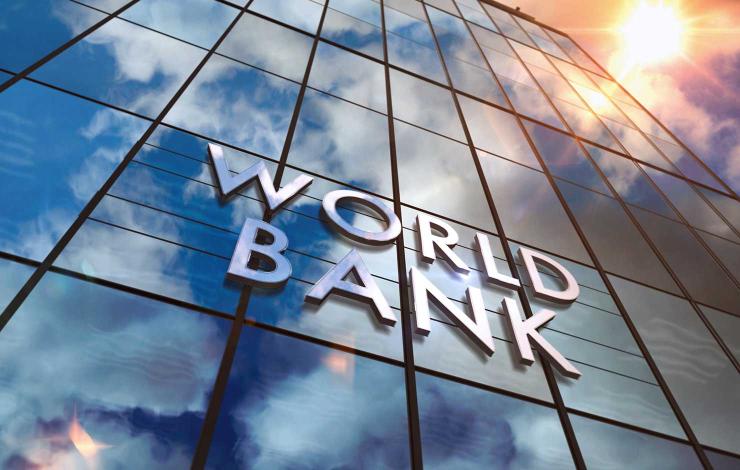

‘The root of the problem is that instead of fighting for economic equality, women became satisfied by compliments on the effectiveness and vitality of the juggling act’.
Save the Children recently published its 13th report ranking the state of mothers worldwide. The report uses data from the United Nations and World Health Organization to rank the education, wages and health of women and mothers in different nations. Israel is ranked the 45th best country to raise children, out of 165 countries studied.
Less observant readers may miss the truly significant data on wage discrepancies between men and women obscured within that bland static. Wages and earning power is a critical parameter of welfare. As the standard of living rises, so does its importance.
The report shows that in Israel, men earn 56% more than women. Compare that with Scandinavia, cataloged as the leading nations for mothers welfare, where wage differentials between men and women are only 30%. Contrast that with Jordan, where the wage gap is 500%. Nowhere in the world do women earn equal pay for equal work.
‘A mother who is really a mother is never free’, Honore de Balzac, the writer, sardonically said, but he meant every word. There are many myths associated with maternal role, and mothers have come to symbolize total dedication and selfless giving. Women have internalized these social expectations, and many measure themselves against the ideal of the perfect mother.
The State of the World’s Mother report perpetuates in black and white the poetic cliché that being a good mother takes money.... lots of money. By the measurements employed by the report’s authors, there is a direct correlation between a nations wealth and its mothering conditions, with the glaring exception of the United States, ranked 25, whose social security infrastructure is appalling.
Yet, you will find no such report on fathers, because it has never been done. The question of the best nation for a man to be a father is never asked. None of the studies on quality of life deal with the challenges of fatherhood, because societies around the world operate on the assumption that women will do most of the work. And be happy about it.
The root of the problem is that instead of fighting for economic equality, women became satisfied by compliments on the effectiveness and vitality of the juggling act.
It is hard to ignore the irony of the situation where the woman’s ability to fulfill the infinite roles as caretaker and homemaker, nurturer and provider, with such meager means, is examined and ranked without questions being asked about why she carries the burden primarily alone.
I think we have enough reports ranking the endurance of women across the globe. It is time to fight for money, to demand equal pay and equal burden of raising children. I expect that the next report will examine how men juggle career and family and denounce wage disparities where women earn more than men.

